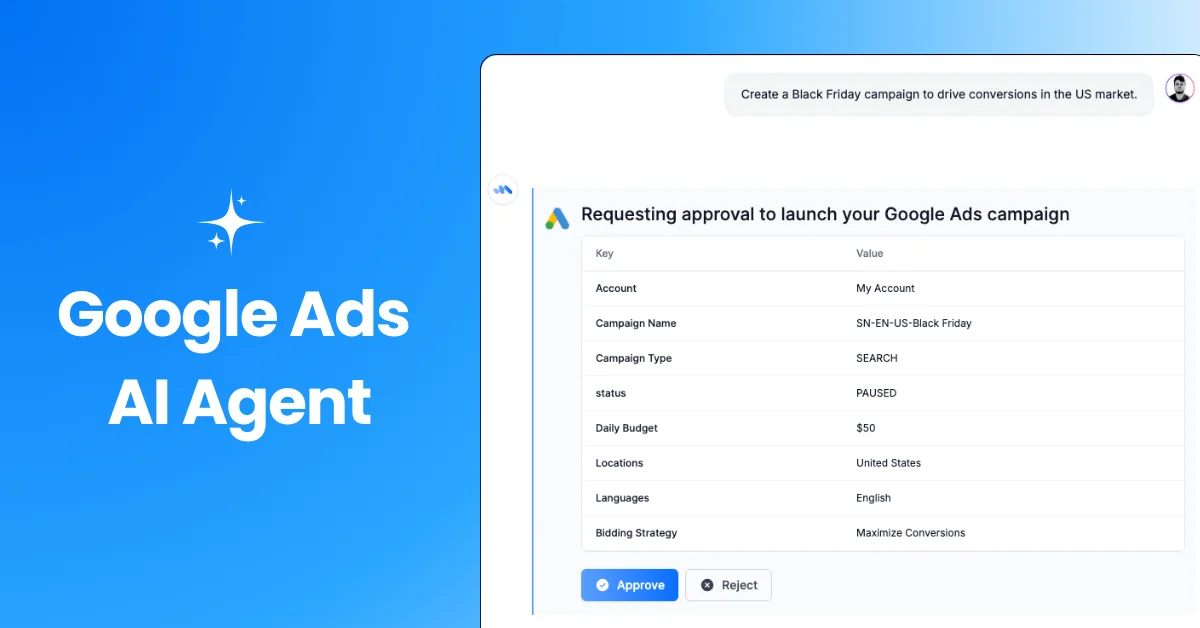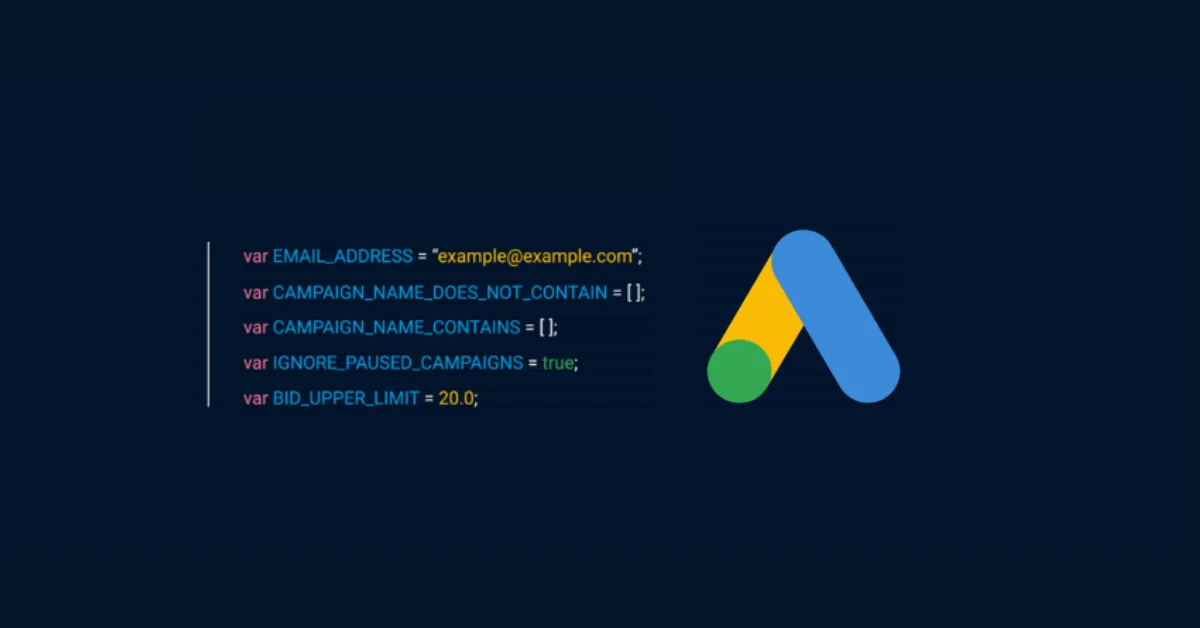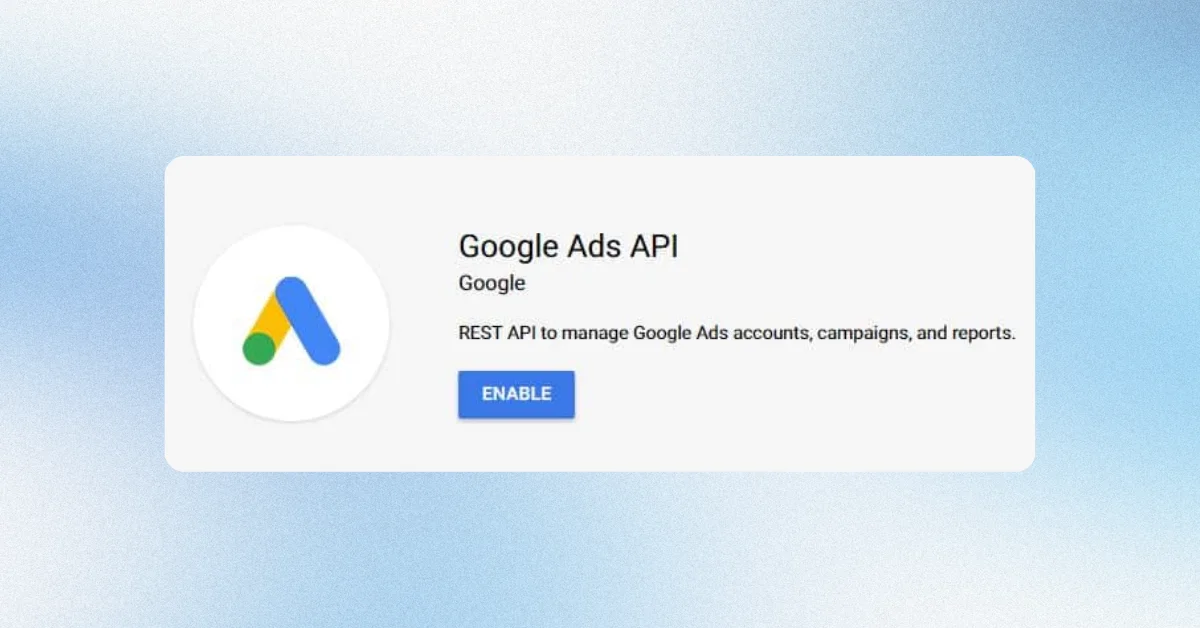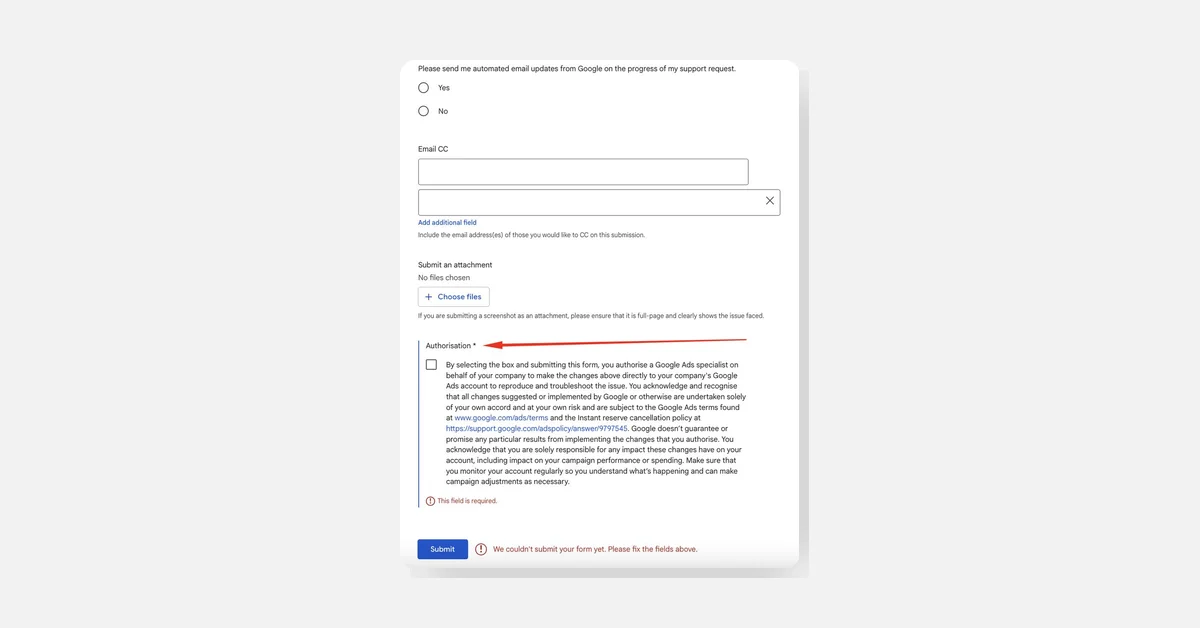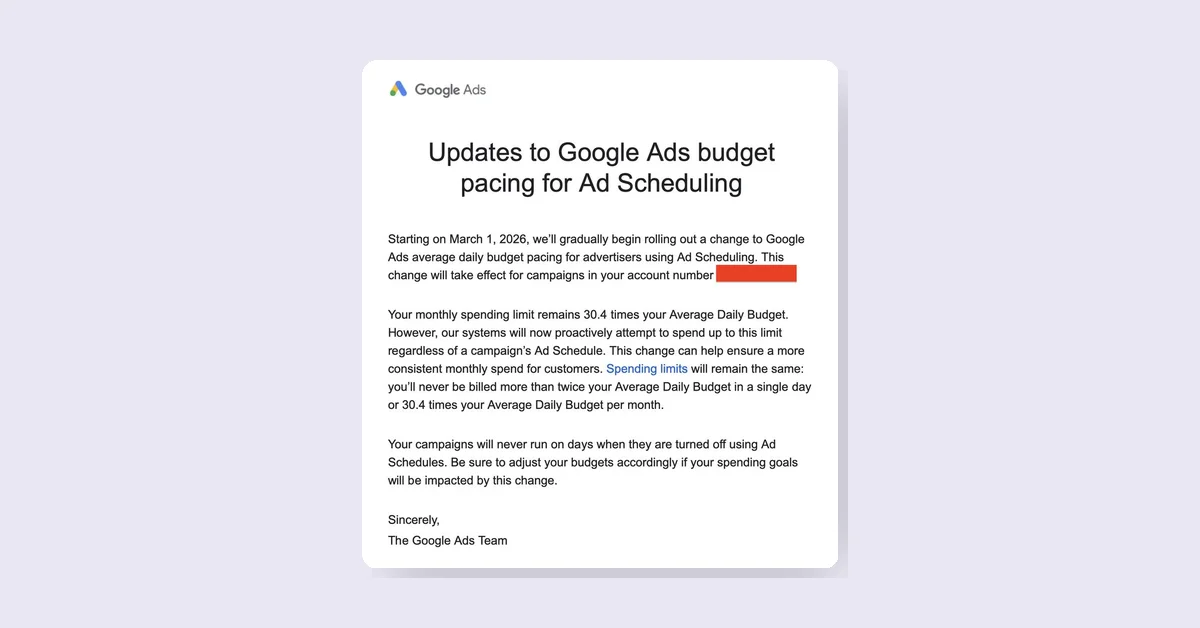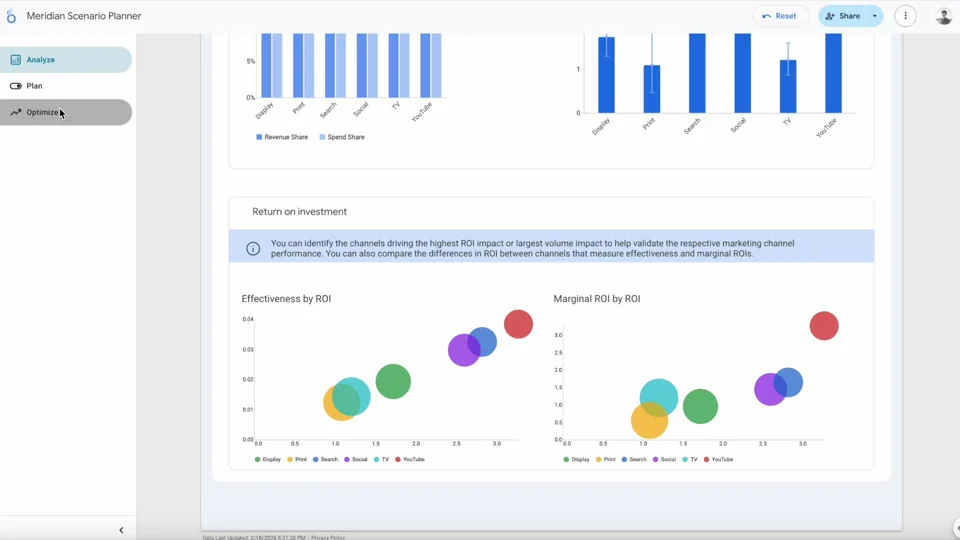
Criteo Joins OpenAI ChatGPT Ad Pilot as First Adtech Partner
Criteo joins OpenAI's ChatGPT ad pilot as the first adtech partner, enabling brands to run performance-driven ads within ChatGPT using commerce data and retailer relationships. This allows actionable, measurable ads during high-intent moments, leveraging retail data for targeted AI placements and closed-loop measurement. Retail media may extend beyond platforms into AI-driven conversational commerce, increasing the value of first-party data.


